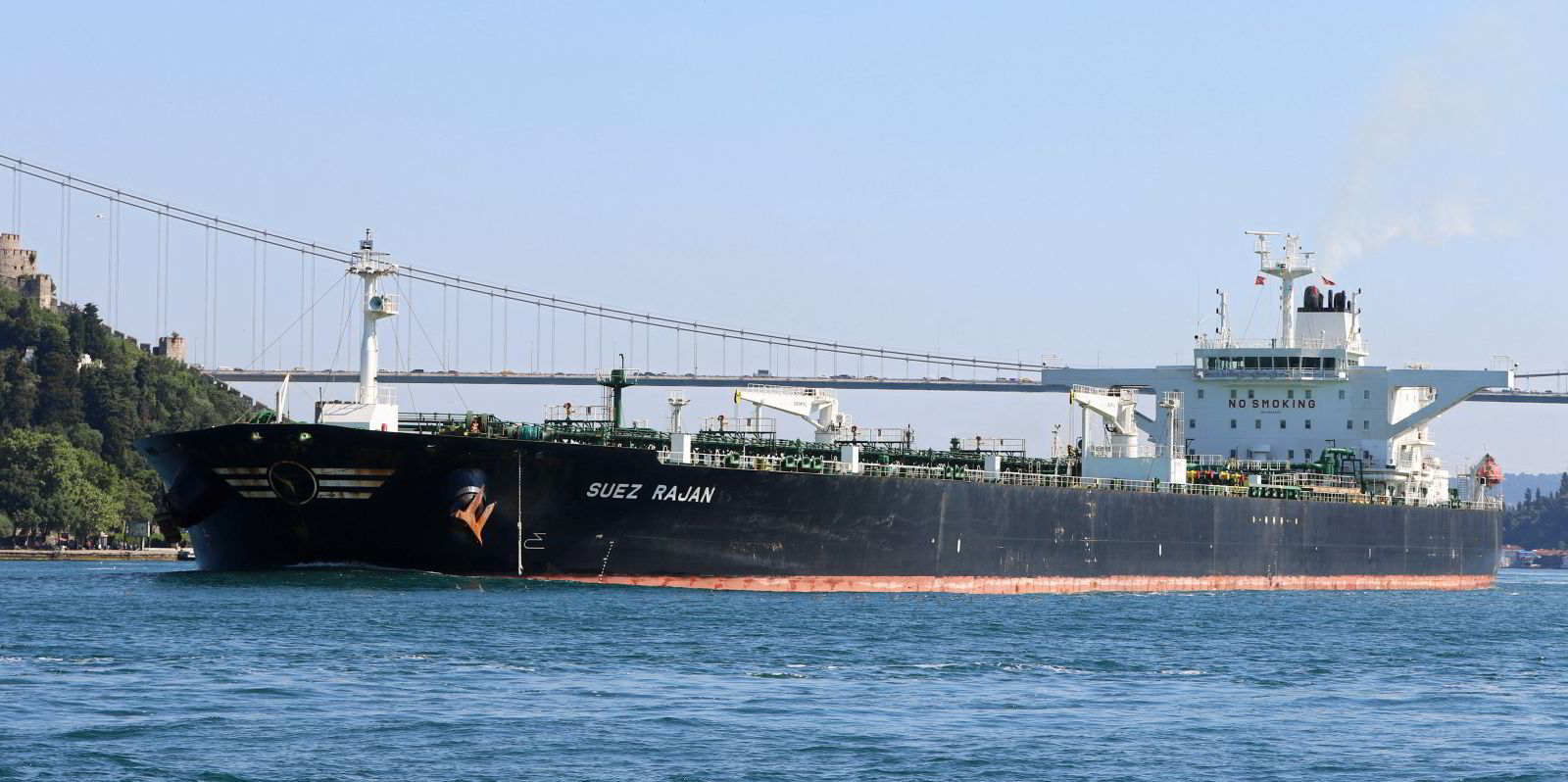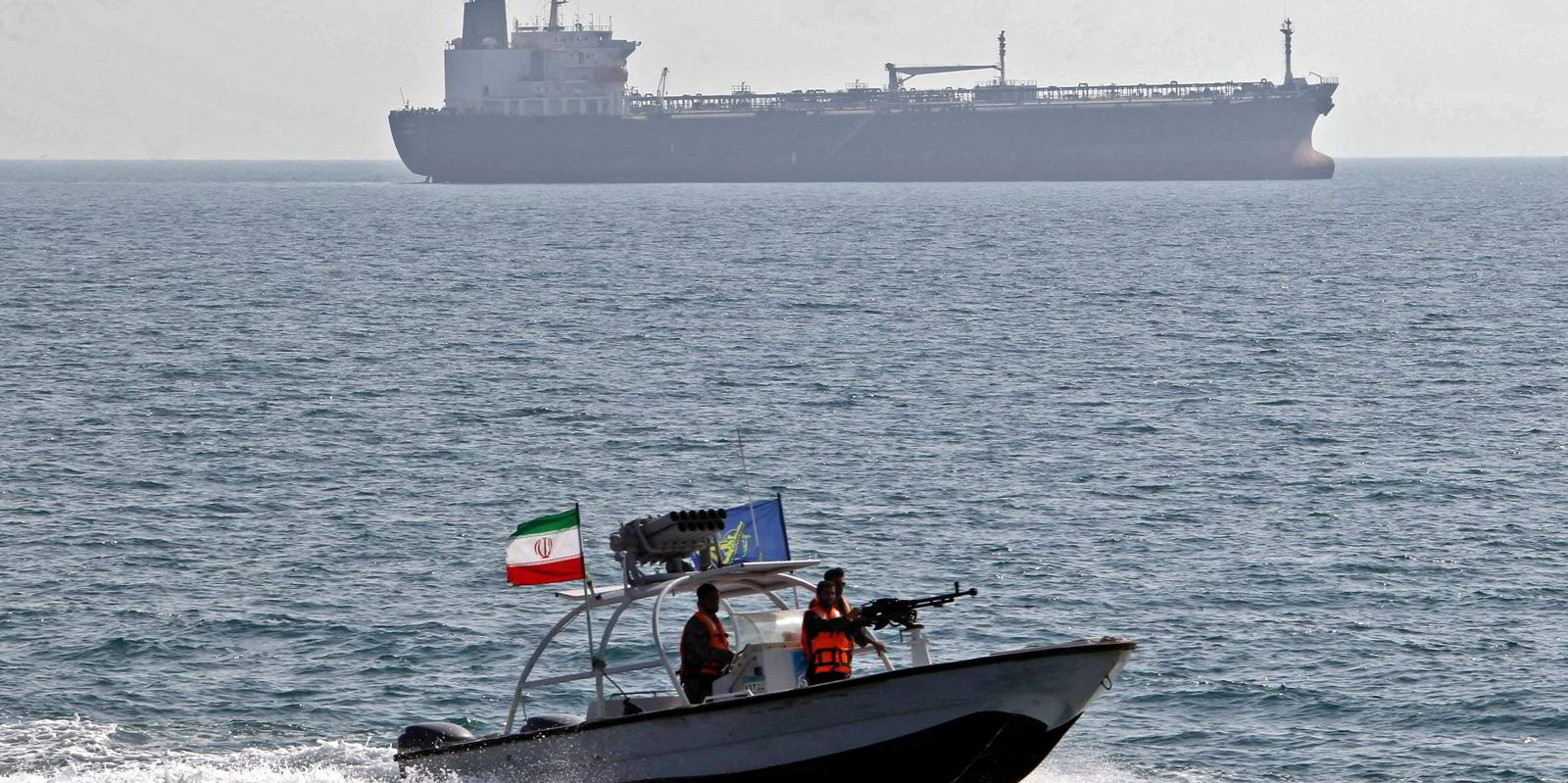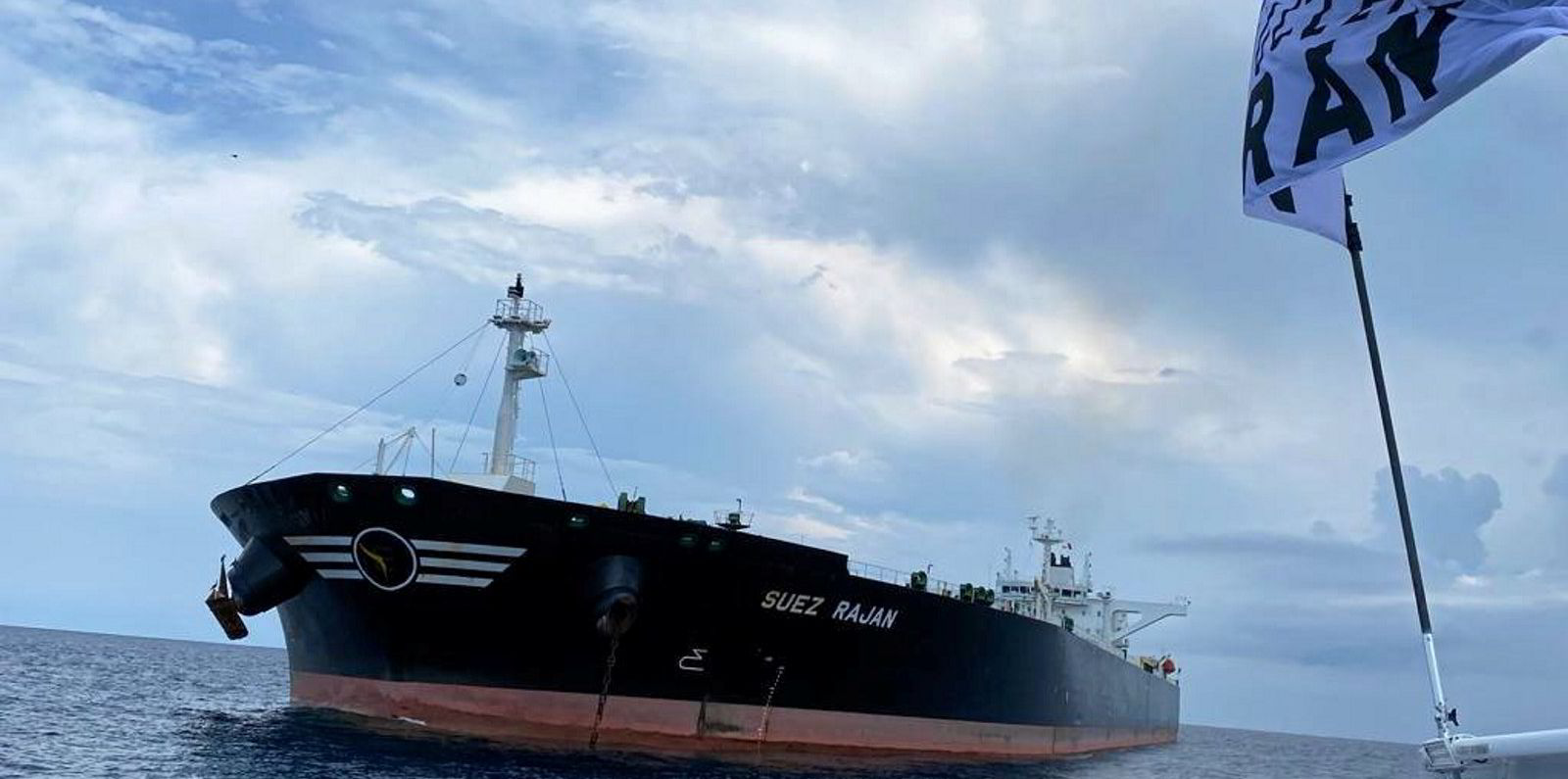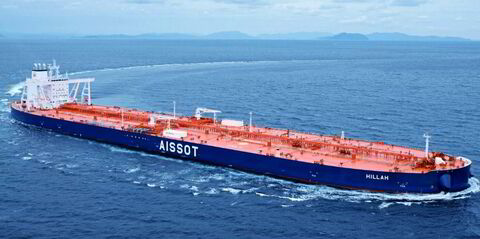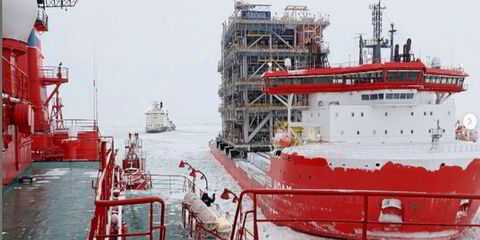The US government has asked a federal judge for a judgment against the proceeds from its sale of an Iranian crude cargo seized from an Empire Navigation tanker last year.
The move comes after Washington received no response when it asked for those with claims to the 977,000 barrels of oil from the 159,000-dwt Suez Rajan (built 2011) to come forward.
US district judge Carl Nichols has yet to rule on the request.
The suezmax tanker, which is now named the St Nikolas, reemerged in headlines when Iranian forces hijacked the ship in the Gulf of Oman on Thursday, in retaliation for what Tehran’s official IRNA news agency described as “retaliation for oil theft” by the US.
A default judgment would result in the formal forfeiture of nearly $74.7m in proceeds from the US government’s sale of the cargo. Greece’s Empire Navigation, the Suez Rajan’s beneficial owner, pleaded guilty to charges connected to a ship-to-ship transfer of the oil, which US officials alleged had been sold in 2022 for the benefit of Iran’s Islamic Revolutionary Guard Corps and its Quds Force.
The request by the office of US attorney Matt Graves, the main government lawyer for the federal district court in Washington DC, for a forfeiture order is something of a formality.
The court’s deputy clerk, Michele Grady, already declared a default in the case because no companies with claims against the cargo came forward.
In a document signed by assistant US attorney Rajbir Datta, Graves’ team wrote that the US identified all potential claimants to the oil and sent them notice in September through 15 different email addresses and two physical addresses.
“No party filed a claim or interest to the defendant property,” the lawyers wrote, referring to the cargo itself as the defendant in the case.
Those communications were sent days after the US began posting notice of its effort to seek the forfeiture of the cargo on a government website dedicated to such cases. After 30 days, there was no response.
“This case is now ripe for default judgment and issuance of a final order of forfeiture,” the US government lawyers wrote.
Default judgments against Iran are nothing new in the US court system, with plaintiffs chasing assets in several cases in which Tehran did not appear in court to contest litigation.
The cargo on the Suez Rajan, in fact, was a target of two such suits, including one case filed by families of victims of the 11 September 2001 attacks who sought to seize the crude to pay a default judgment over Iran’s alleged support to terror group al-Qaeda, which Iran denies.
In another in a federal court in Los Angeles, families of victims of the 1983 terrorist attacks on a US Marines barracks in Beirut by Tehran-supported Hezbollah sought to seize the Suez Rajan’s cargo to satisfy their own judgment against Iran.
The US Justice Department has said that it plans to deposit proceeds from the sale into the US Victims of State Sponsored Terrorism Fund.
